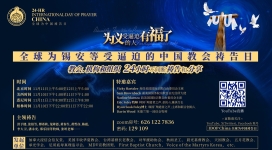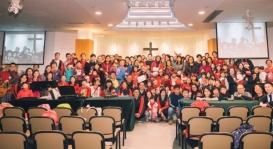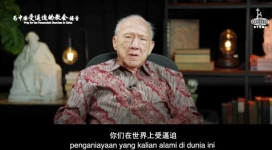A federal judge's tentative ruling would allow six students from a Christian school to sue the University of California over its refusal to recognize religious-based courses in the admission process.
U.S. District Judge S. James Otero tentatively decided Tuesday that the students from Calvary Chapel Christian School in Murietta could pursue their claim that the UC system violated their free speech and discriminated against them.
At the same time, Otero expressed concern that no other schools had joined Calvary's suit.
No Catholic, "Islamic or Jewish (schools) are part of the litigation," Otero said during a hearing. "They seem to have students move through the (UC) system with no problem."
Otero did not indicate when he would issue a final ruling.
UC attorneys argue they have a right to set standards. They say the problem with the rejected courses was not based on ideology but that they didn't teach adequately.
The students' lawsuit claims the UC system violated their rights by rejecting as "too narrow" Calvary classes such as "Christianity's Influence on American History" while approving other schools' courses such as "Ethnic Experience in Literature," "Jewish History" and "Issues in African History."
Their complaint challenges a UC admissions requirement that private schools maintain a core of state-approved courses including math, history and biology. The suit asks the judge to order the system to recognize the Christian-themed courses.
None of the Calvary Chapel students has been denied admission to a UC campus.
Co-plaintiffs include Calvary Chapel and the Association of Christian Schools International, which represents 800 religious schools nationwide.
Copyright 2006 by The Associated Press. All rights reserved. This material may not be published, broadcast, rewritten or redistributed.







